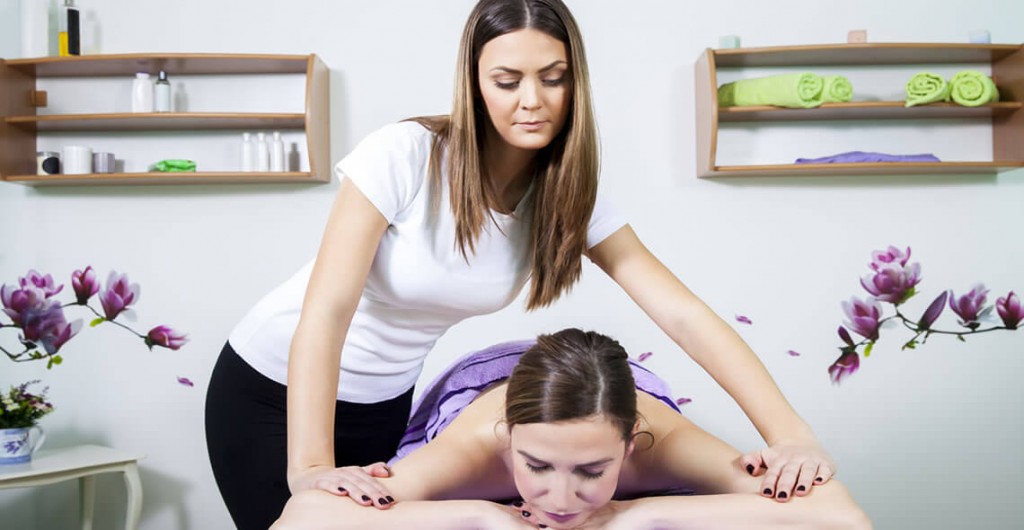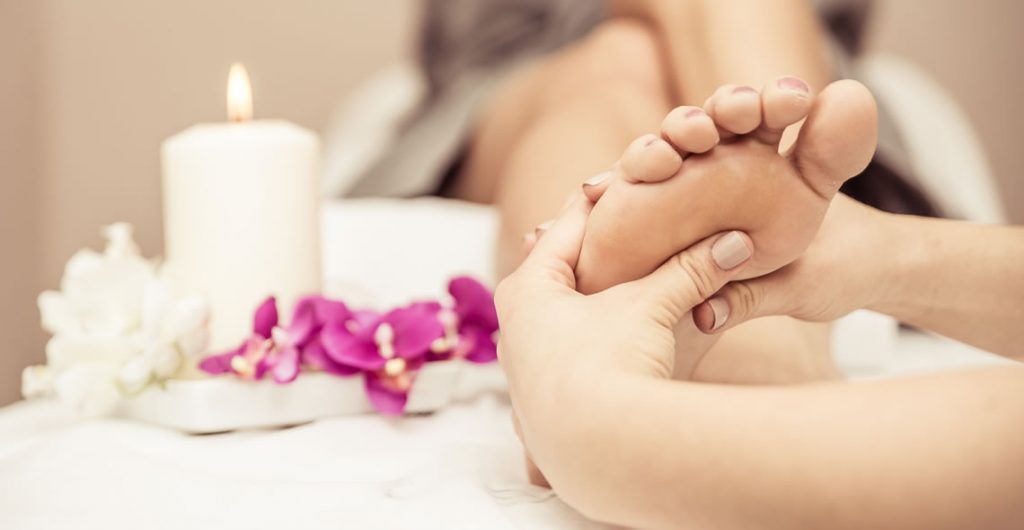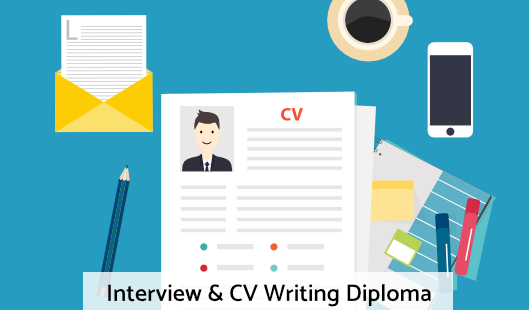Learning Blog
What is Reflexology?
Reflexology, the practice of massaging special reflex points on the feet and the palms that stimulate the nervous system and help heal corresponding body parts and organs, has been around for quite some time now.
If you have ever been to a reflexology therapy session you will remember the feeling of calmness and balance afterwards despite some temporary discomfort. Whether you believe in reflexology or think it's a pseudo-science, numerous studies have now been conducted that may well support the claims of its practitioners. And with so many reflexology practitioners in the UK, there must be more to it than meets the eye. In this brief introduction, we will discuss what reflexology is, its origins and notable practitioners.
Practice & Science
The fundamental idea of reflexology is that there are points in the body that are “connected” to the organs and if the point is stimulated by pressure or manipulation, the corresponding organ will react to that stimulation positively.
In a typical reflexology session, a practitioner will examine the feet and test for painful areas by applying pressure with either their hands or a special wooden tool. Heightened sensitivity in a reflex point will therefore indicate an imbalance of energy in the corresponding organ.
During the course of the treatment, the practitioner will focus on treating the problem area and other reflex points that may be linked to it. One has to bear in mind that reflexology is in no way a proven medical cure for serious conditions, although studies have proved its effectiveness in alleviating symptoms of headaches, depression, anxiety, digestive disturbances, neck and back pain as well as cramps associated with the menstrual cycle in women.
Some suggest reflexology has something to do with the Chinese Meridian Theory that stipulates that the life energy called “qi” runs through defined paths in the human body called “meridians”. Others link the positive effect of a reflexology treatment to the way our neural system works and, in particular, with the brain's ability to modulate pain in a certain area, which has also been observed in hypnosis sessions.
Origins & Modern History
Practices resembling reflexology have been in existence in Egypt and China for nearly 4,000 years.
Indeed, practically any of the advanced societies in the past developed their own set of health practices and theories that the later 20th-century Western practitioners will study and further refine.
Modern reflexology, however, is often attributed to a woman called Eunice Ingham from the United States who was a physician in the early 20th century. Young Ingham started her career working as a physiotherapist for Dr Joe Shelby Riley, who was then regarded as one of the greatest healers and renowned chiropractors around the same time that another famous doctor, Dr William Fitzgerald, had already published his extensive works on Zone Therapy.
Eunice was deeply influenced by Dr Fitzgerald as she read and refined the works into a new theory she would call “reflexotherapy for the feet”. She would test the new theory on herself, taking extensive notes of how her body reacted as a result of pressing reflex points on the feet, palms and around the ears. It was only later that she started treating other patients using the same reflexology techniques.
Eunice herself had spent years testing. In 1938, under the mentorship of Dr Riley, she published her first book titled “Stories the feet can tell”. This is now a highly regarded reflexology classic in which she wrote about her most notable cases as well as providing a detailed map of the reflex points on the feet, and has been studied by thousands of practitioners worldwide.
Reflexology in the UK
After Ingham's book was published, more and more therapists were interested to learn the practice, partially because they could also see real results in Ingham's patients which further confirmed her theory.
Reflexotherapy grew in popularity and Ingham started training physicians in the practice she had explored for decades. One of her trainees, Mrs Doreen Bayly has held numerous training sessions and seminars in the UK since the early 60s and also founded the first UK school for Reflexologists in 1978.
A new generation of British practitioners was taught at Mrs Doreen's school, who later formed official representative organisations for the profession - the Association of Reflexologists and the British Reflexology Association. Currently, the number of practising reflexologists in the UK continues to rise and it's very easy to find a practitioner in almost any city, should you feel curious to try it.
Learn with confidence...

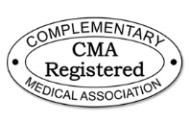

 RRP
$100
RRP
$100
Get a FREE Course
Tick this box to Sign up for our newsletter, and get access to the Interview Skills and CV Writing Certificate course for free! By signing up, you agree to our Privacy Notice & Cookie Policy and to receive marketing and related emails from academy+ brands. You can unsubscribe at any time.What our students say about us...
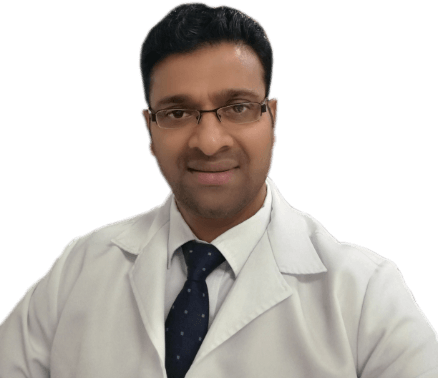
I am a doctor. This course is well organized, covering all areas of CBT. The videos and practical tips are very helpful. All the modules are arranged with good explanations and examples. Also each module consists of quick test and assignment which enables you to gain knowledge. Finally I would like to thank the New Skills Academy team.
Dr. M. Arshad
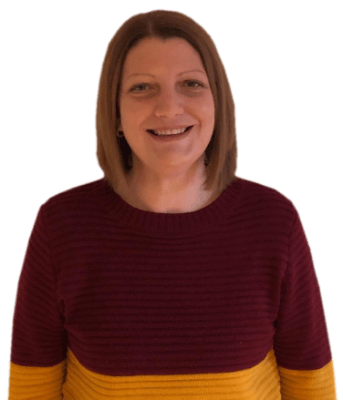
This course is a great way to brush up on my rusty excel skills, I recommend this course to anyone looking for something to do during lockdown, it's easy to use and talks you through each stage step by step. It has given me the confidence I need to further my career.
Georgia Darke
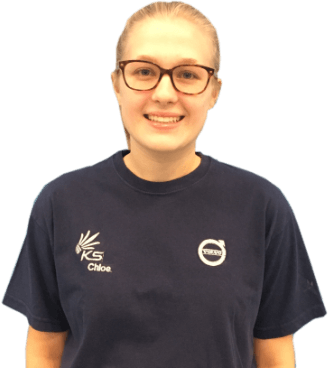
Lovely course for people who want to know the basics and of sign language. It's has helped me to get more of an understanding and will greatly benefit me in my workplace. So easy to pick up and the videos were easy to understand. Would definitely recommend to anyone.
Chloe Hambly
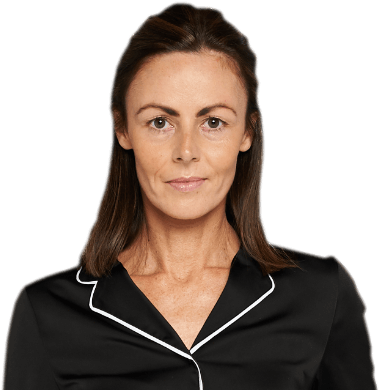
Wow what an incredible insight for the start of anyone's journey in property. This course gives you so much information and there are tests and questions on each of the modules. The course is very easy to follow and well laid out. You can actually make notes on the pages of each module using the notes tab! I am very excited to say that I passed and I only spent one week on this course. I will print all the PDF information and keep it in a file with my certificate. I feel very confident for my future plans now I have completed this course.
Nichola Anderson
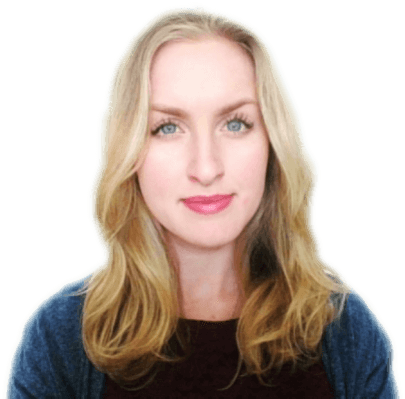
I found this course incredibly useful, as it provided me with practical knowledge which I can implement in my role as a Support Worker. The videos were clear and concise, and the downloadable worksheets reinforced what I had learned as I was able to put pen to paper. Overall, a fantastic course for a great price! I am looking forward to taking on my next one.
Teleisha Harley
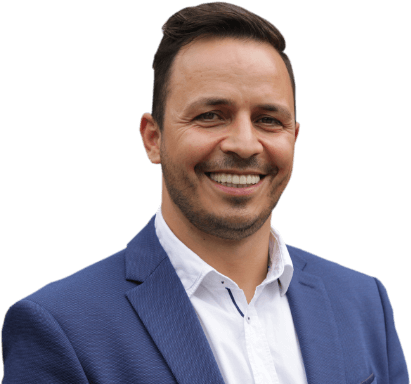
Excellent course, well explained and easy to understand. The course can be done at my own pace and is available on various devices. The layout of the course was excellent and the notes options is very good. The content is perfect and well structured, making it easy to understand and follow. I will definitely be taking more courses in the future.
Luis Costa
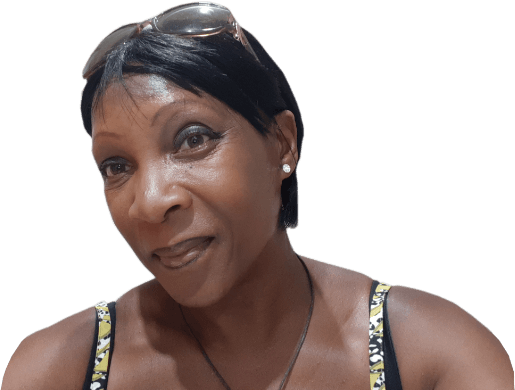
Fantastic course! Well-presented and challenging with frequent assessments. I feel a serious sense of accomplishment having not studied for over 30 years! Videos that accompany each module are carefully thought out and informative. Am so impressed with this course, have now signed up for 3 other courses and recommending New Skills Academy to everyone!
Marva Hudson
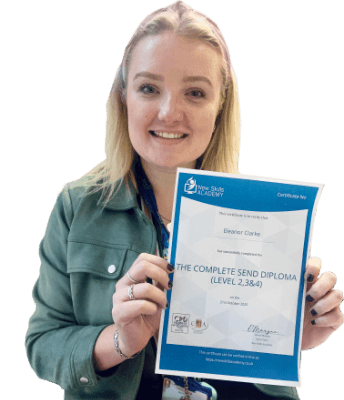
It was an eye opening course that was flexible and easy to access. I was able to complete it from the comfort of my own home whilst also having the tasks to complete which enabled me to check my knowledge. I know feel much more confident in my field of work and really enjoyed doing it.
Ellie Clarke


